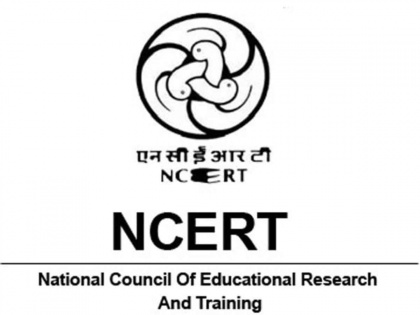NCERT Revises Class 12 History Books: Harappans Labeled Indigenous, Aryan Migration Questioned
By Lokmat English Desk | Published: April 4, 2024 10:05 AM2024-04-04T10:05:18+5:302024-04-04T10:06:26+5:30
The National Council for Educational Research and Training (NCERT) has introduced significant changes to the history chapter on the ...

NCERT Revises Class 12 History Books: Harappans Labeled Indigenous, Aryan Migration Questioned
The National Council for Educational Research and Training (NCERT) has introduced significant changes to the history chapter on the origins and fall of the Indus Valley Civilization for Class 12 students. These changes are part of the revision and updating of history textbooks for the academic year 2024-25, recently communicated to the Central Board of Secondary Education (CBSE).
The most notable changes have been made to the chapter “Bricks, Beads and Bones – The Harappan Civilisation” in the Class 12 History textbook ‘Themes in India History Part-I.’ The additions and deletions related to the Harappan Civilization have been justified based on “recent evidence from archaeological sites.” The additions primarily emphasise the “unbroken continuity for 5000 years’ ‘ of the Harappan civilisation, reference recent archaeogenetic research at the Rakhigarhi site to rule out Aryan immigration, and suggest that the Harappans practised some form of democratic system.
NCERT has added three new paragraphs on the recent DNA study at Rakhigarhi, which rejects Aryan immigration and emphasises that “Harappans are the indigenous people of this region.” It also states that “the genetic roots of the Harappans go back to 10,000 BCE,” and their DNA has continued until today, with a majority of the South Asian population being their descendants.
Additionally, a sentence has been added calling for more research into the relationship between the Harappans and the Vedic people, as some scholars have argued that they were the same.
Open in app